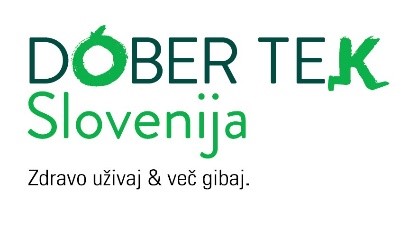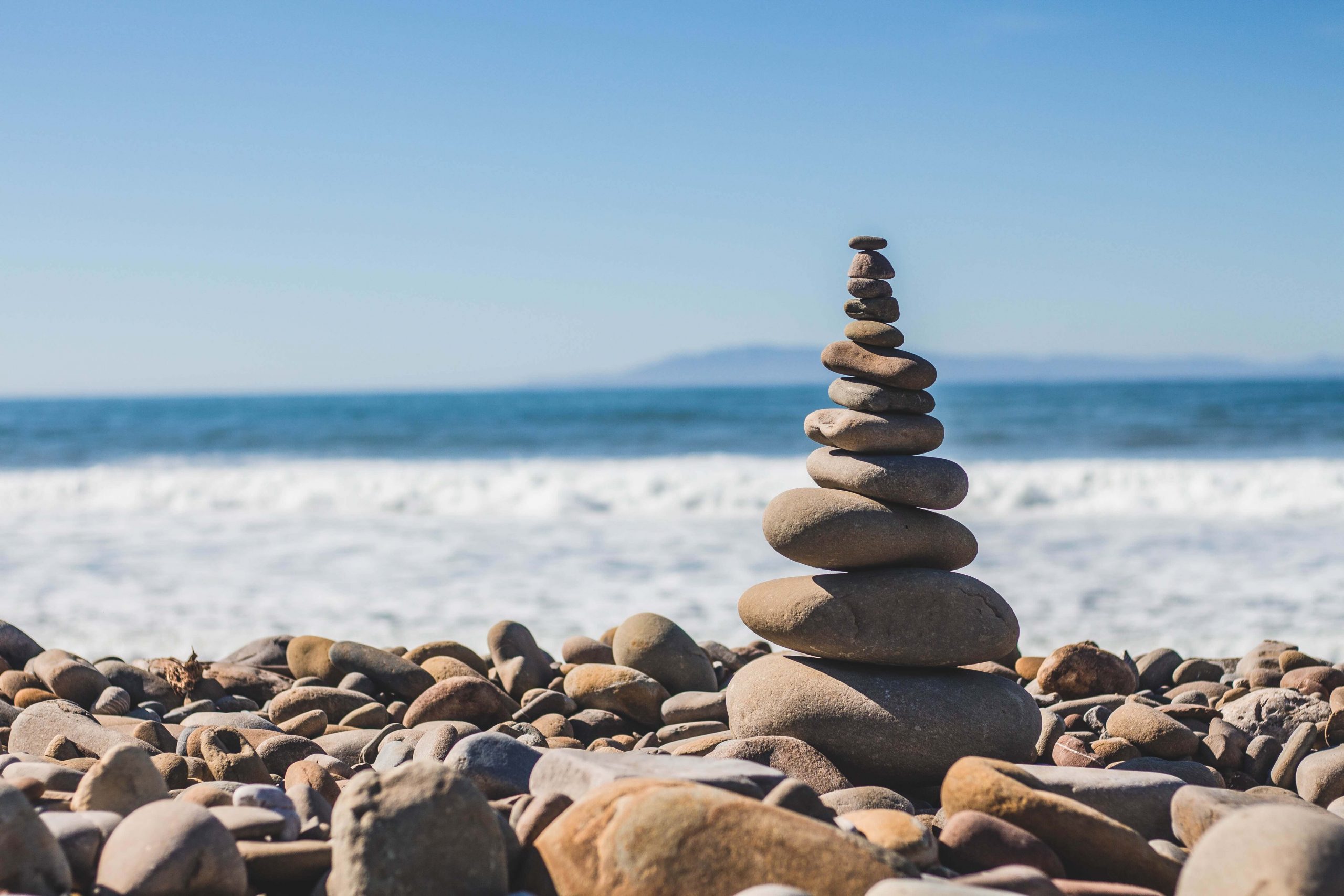“The age limit for consuming energy drinks is being lowered. Even 10-year-olds are drinking them. We are faced with aggressive advertising that is global, on social networks. Adolescents are extremely susceptible to the messages or advertising of their role models, so it is important to invest in their health and media literacy and in healthy lifestyles,” says Vesna Marinko, Director General of the Public Health Directorate at the Ministry of Health, where the campaign to reduce consumption among children and adolescents is being coordinated for the third time. The activities are part of the planned actions to improve the dietary and physical activity habits of the population, which are being implemented under the umbrella of the Dober tek, Slovenija National Programme, together with a number of partners*.
Bernarda Grašič of YoungCaritas Slovenia, a network of more than 2,600 volunteers working with young people, notes that children and young people, including those from deprived backgrounds, are very keen on energy drinks: “They enjoy them simply because they taste good and are affordable. They are not aware of the consequences. That’s why we often talk to them about healthier choices – drinking enough water, the importance of sleep and regular exercise.”
The Slovenian Youth Council, which has also played an active role in these activities, is aware that energy drinks are becoming an increasingly important health issue and is working to raise awareness among young people. Mia Zupančič states, “Energy drinks are absolutely discouraged for children and adolescents. It is recommended that they drink plenty of water and consume healthier alternatives such as natural juices and natural herbal teas.”
The presidency of the Slovenian Students’ Organisation believes that the following reasons also contribute to the increase in the consumption of energy drinks: “Young people today are faced with increasingly stressful situations both at school and at home. They are under a lot of pressure and sometimes lack the time to sleep because of their studies. The easiest thing to do is to turn to energy drinks. There is a common misconception among them that they can study until the early hours of the morning with the help of these energy drinks. Many use them for even more absurd reasons, such as playing computer games late into the night. We are very critical of the use of energy drinks and other stimulants. We stress that it is enough to take a break from studying and go for a walk, for example, to clear your head and recharge your batteries. We always emphasise that sport is a great way to relax. We also believe that energy drinks can be replaced by a cup of coffee or tea.”
Manca Kozlovič from the No Excuse Slovenia youth association also notes that in the last two years energy drinks have gained attention among young people as a popular way to overcome fatigue: “At the same time, we see more and more of them being advertised at checkouts and in prominent places in shops. Teenagers are at a time when they feel more tired and stressed in their own way. This quick fix may work for them, but the impact of energy drinks on a young person’s health is more complex than the advertisements make it out to be, and potentially harmful. Studies show that excessive drinking can, among other things, affect cognitive abilities, which are still developing during adolescence.”
Assist. Mojca Juričič, PhD, from the Society for School, University and Adolescent Medicine of the Slovenian Medical Association, points out: “With one can (500ml), children and adolescents consume up to 55g of sugar or 11 sachets (5g) of sugar, which in the long term is associated with the risk of obesity, the development of type 2 diabetes, damage to and dissolution of tooth enamel, as well as affecting the functioning of the nervous system, cardiovascular system and heart. In the short term, excessive caffeine intake can cause abnormal heart rhythms, high blood pressure, headaches, dehydration, restlessness, anxiety, and in the long term, increased secretion of stress hormones and sleep problems. They are particularly risky when consumed with intense physical activity or mixed with alcohol.”
Sport professionals also point out that energy drinks are often confused with sports drinks, which are designed to replenish substances lost during strenuous exercise. Due to the increased sweating during exercise and the diuretic effect of caffeine, the consumption of energy drinks during exercise can lead to severe dehydration, a stronger and faster heartbeat and complications of the heart muscle, and can trigger cardiac arrhythmias. Sports drinks, on the other hand, are primarily designed to replenish the substances lost after strenuous exercise, so their composition is completely different. For children and adolescents to have good physical and mental performance, it is important that they eat a balanced diet, get enough physical activity and have the conditions for adequate and good quality sleep or recovery from physical exertion. For children and adolescents, especially those involved in sports programmes, it is important to stay hydrated throughout the day due to increased physical activity and therefore increased risk of dehydration. In most cases, water is sufficient to meet the fluid requirements of these age groups.
Jasmina Bevc of the Slovenian Consumers’ Association concludes that young people are a frequent and very easy target for energy drink companies, whose advertising messages exploit the association with famous and successful athletes, computer games and, of course, entertainment. “Energy drinks seem to be to young people what coffee is to adults. A drink that almost everyone drinks, many of them because of peer pressure. So it is an important role for us adults to teach young people to think critically, to give them the background to advertising messages, including those on TikTok and YouTube, which young people do not recognise as advertising. Let’s show them better alternatives and, not least, let’s set an example.”

